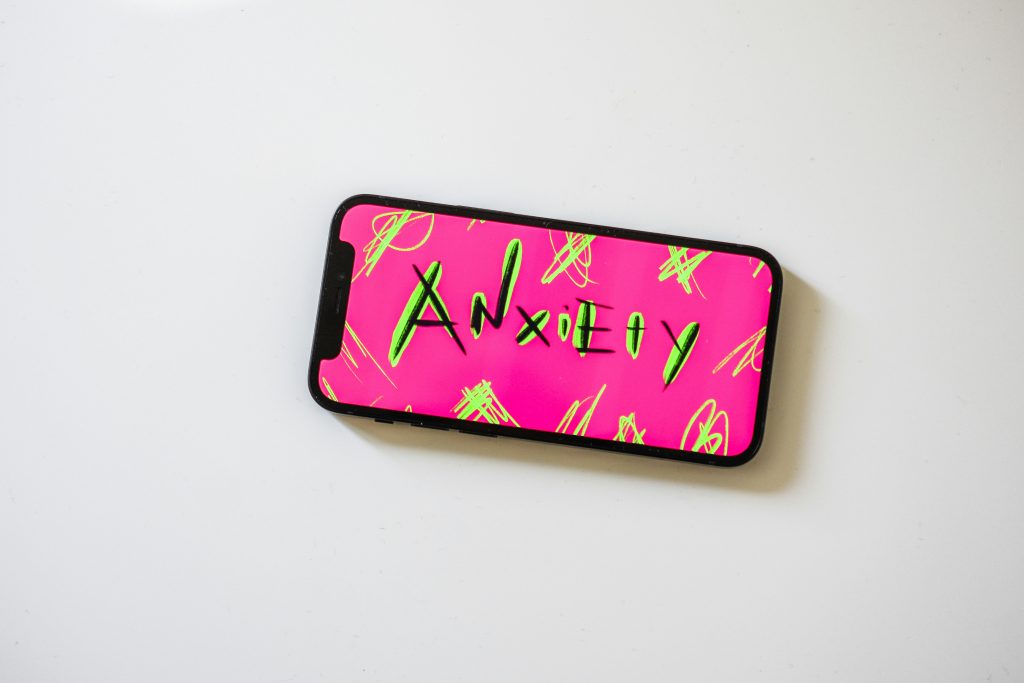Somewhere between pitch deck swagger and demo day adrenaline, there’s a quieter, grittier truth: most founders are scared out of their minds. Not all the time. But often enough.
They doubt their ideas, their leadership, their team… themselves.
This isn’t failure, this is the job. And no one really talks about it.
The best founders don’t eliminate that insecurity. They use it. They let it sharpen their focus, challenge their assumptions, and keep them paranoid in the most productive ways.
Because if harnessed right, insecurity isn’t a weakness. It’s a weapon.
“Only the paranoid survive.”
– Andy Grove
(He ran Intel. He also understood that internal doubt, when focused, becomes strategic clarity.)
What Founder Insecurity Really Looks Like
It’s not crying in the shower (though that happens), it’s obsessively tweaking onboarding copy at 1:00 a.m. It’s rereading customer feedback until it echoes, it’s over-preparing for an investor meeting because somewhere, deep down, you don’t believe you belong in the room.
This doubt rarely shows up as fear. It shows up as over-functioning.
How to Turn Insecurity Into an Edge
- Let it drive your curiosity, not your fear
Insecure founders ask better questions. They know they might be wrong. That humility fuels exploration and avoids blind spots. - Use it to overprepare-strategically
The insecure founder builds three versions of the deck. And then they use none of them. Because through preparation, they earn flexibility. - Build resilience into systems, not personality
Don’t try to be a stone wall. Make the system hold the weight-processes, people, and defaults that carry the load when your mind spirals. - Talk about it (selectively)
Vulnerability isn’t weakness. Sharing doubts with trusted teammates builds psychological safety. Just don’t do it during the all-hands keynote.

Table: Destructive vs. Constructive Founder Insecurity
| Behavior | Destructive Insecurity | Constructive Insecurity |
| Decision-making | Paralyzed by fear | Cautious but decisive |
| Communication | Defensive or erratic | Honest and reflective |
| Feedback response | Takes it personally | Treats it as input to test |
| Planning | Overcompensates with chaos | Overprepares with purpose |
| Self-worth | Tied to outcomes | Tied to process and growth |
FAQ
Q: Isn’t confidence more important in a founder than doubt?
A: Confidence without scrutiny is arrogance. The best confidence is earned through questions, not assumed through bravado.
Q: What if my insecurity is overwhelming?
A: That’s a signal, not a sentence. Build rituals to ground you-exercise, reflection, therapy, mentor calls. You’re not alone. You’re just carrying too much alone.
A Joke (Only Slightly Exaggerated)
Investor: “What’s keeping you up at night?”
Founder: “What isn’t?”
An Open Question
If you stopped seeing insecurity as something to fix-and started treating it as fuel-what would you change tomorrow?
And what might you build that no overconfident founder ever could?
Insecurity will visit every founder. But only some invite it in, give it a job, and let it shape sharper companies. Those are the founders who outlast the loud ones.
Use it. Don’t bury it.